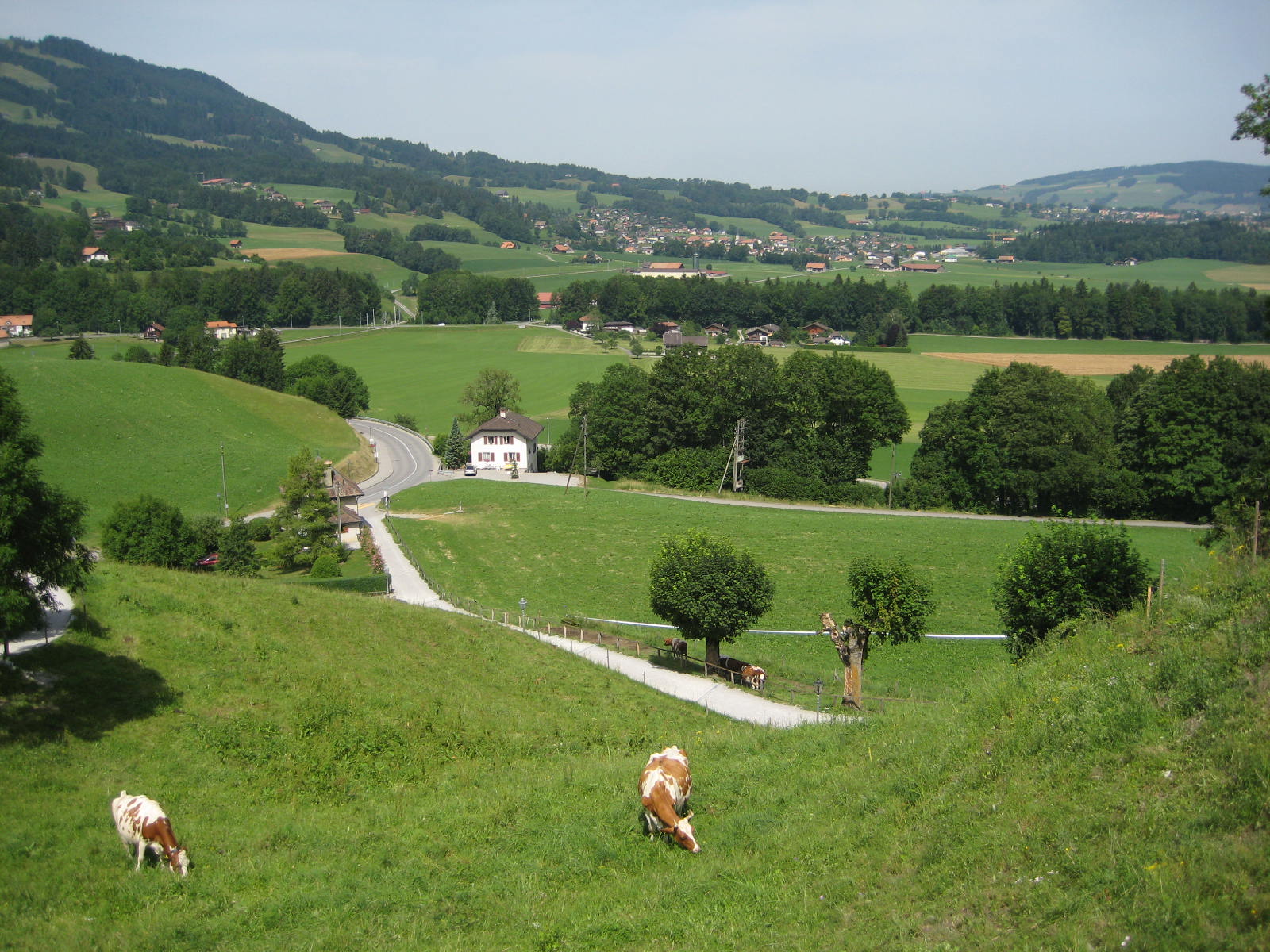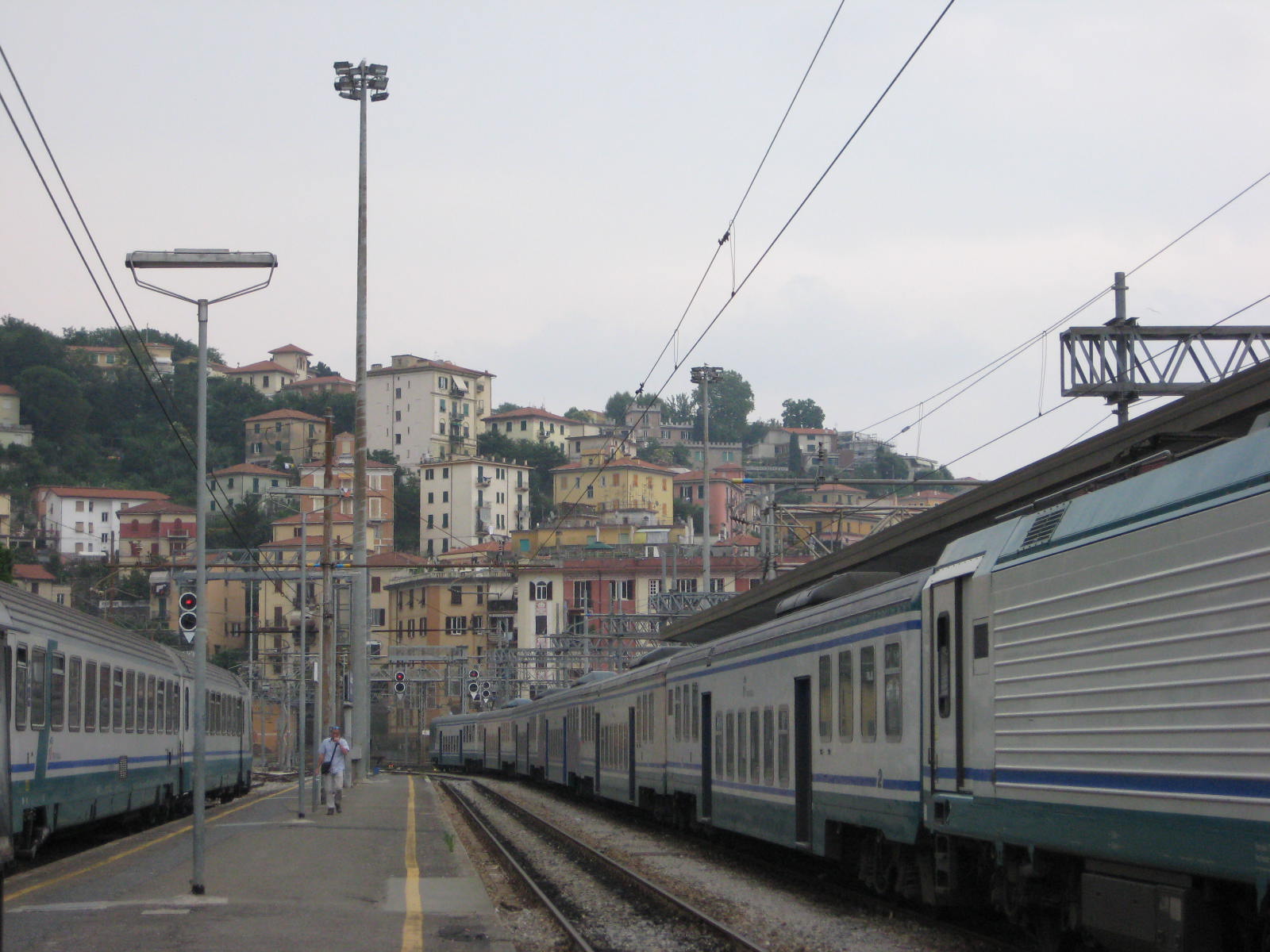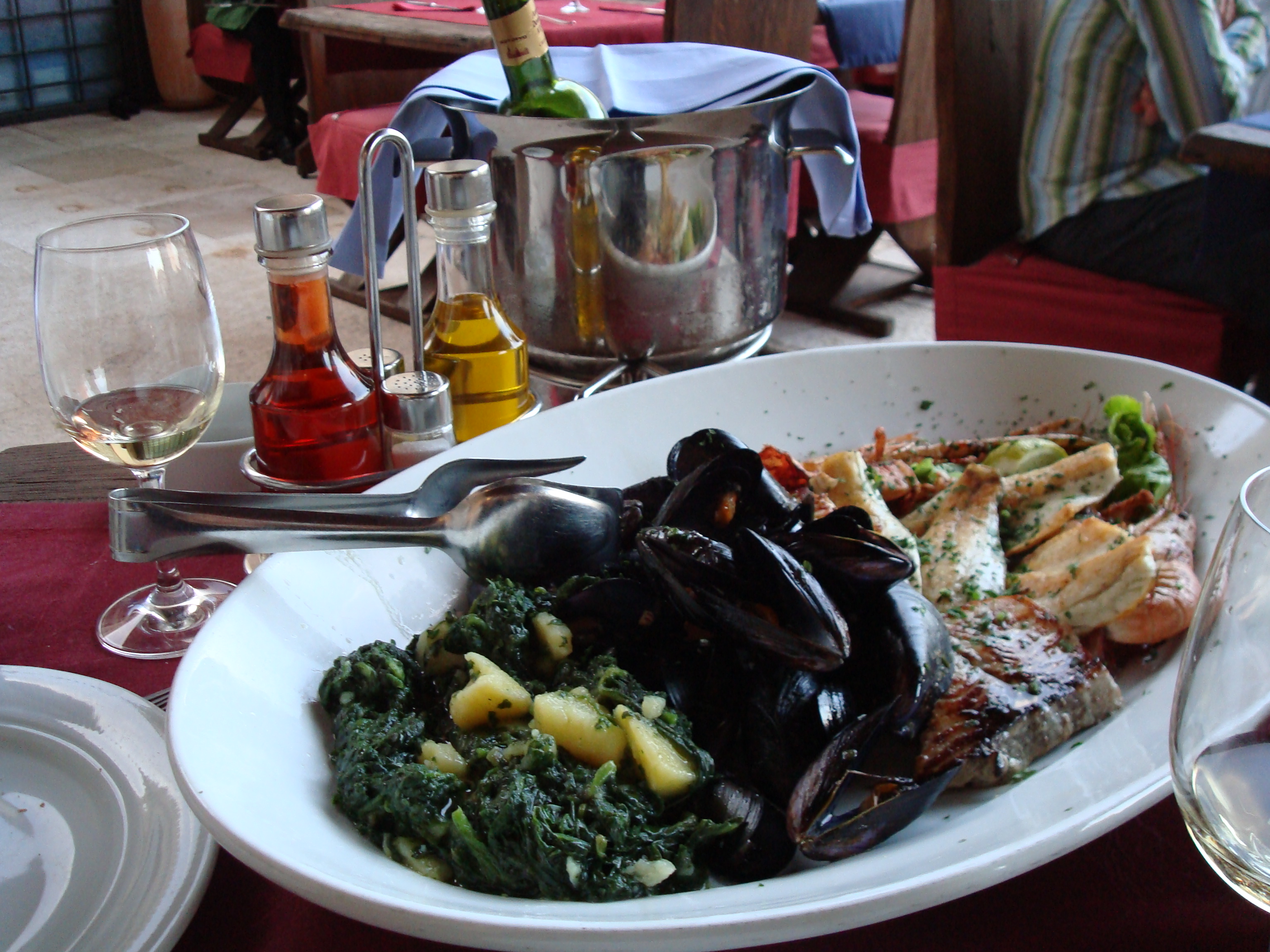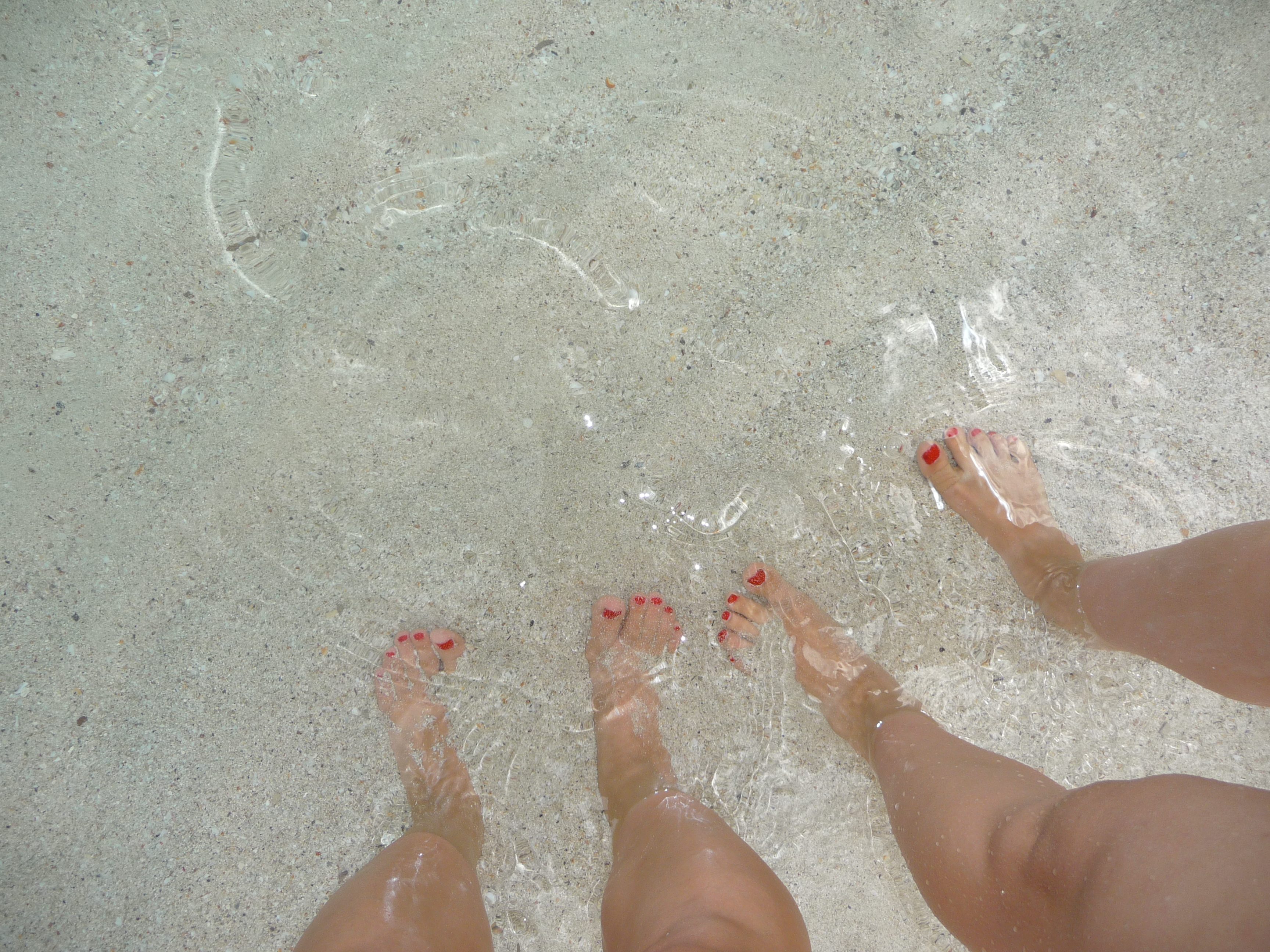It always amazes me when people talk about planning a backpacking trip to Europe. Europe is almost treated as a country with multiple provinces/states versus the continent it actually is. As a Canadian I can see why this might happen as our country is so similar in size. Nevertheless, when planning such a trip there are a number of points to consider to ensure a positive experience!
1. Where to? Western Europe, Eastern Europe, United Kingdom, Mediterranean, etc.
Yes, you can visit ‘Europe’ but expect it to take at least 6 months, if not one year to see more than just a few highlights in the capital city of each country. For those that are looking at travelling from 4-8 weeks, I highly encourage you to pick two or three countries or a region and explore it in-depth. It can be tempting to simply spend two days in major cities like Rome and then jet-set to a new country especially if you want to see the most in a short amount of time. However, I am a firm believer in quality over quantity and often time the best places to discover are those off the beaten track. Think strategically about your destinations and how you will get around. When I was planning my own backpacking trip I wanted to visit Brașov in Romania with the intention to visit Bran Castle. What I discovered was that the time (and money) I was going to spend to fit Romania on my itinerary was not worth it for a single city. Instead I opted to spend a little longer in my previous destination and plan to visit Romania on a future trip. Additionally, when you give yourself more times at destinations it gives you some flexibility for the unexpected, like a flight being delayed or cancelled. If you’re not sure how much time you will need, I operate on a 4-day rule for travellers who want to optimize their time. Essentially, I assume that on the first day I will be in transit and when I arrive I will be getting acquainted with the new city. The second day I will visit the local attractions and plan for an outing to a nearby city on the third. For example, I headed out to Bled while I was staying in Ljubljana, Slovenia. The last day, I use it to visit something I may have missed or go back to a favourite spot before I am in transit again. This works well in European countries because cities tend to be close together and there is fairly efficient transit system that can facilitate transport between destinations in a short amount of time.
2. Backpacking with a suitcase?
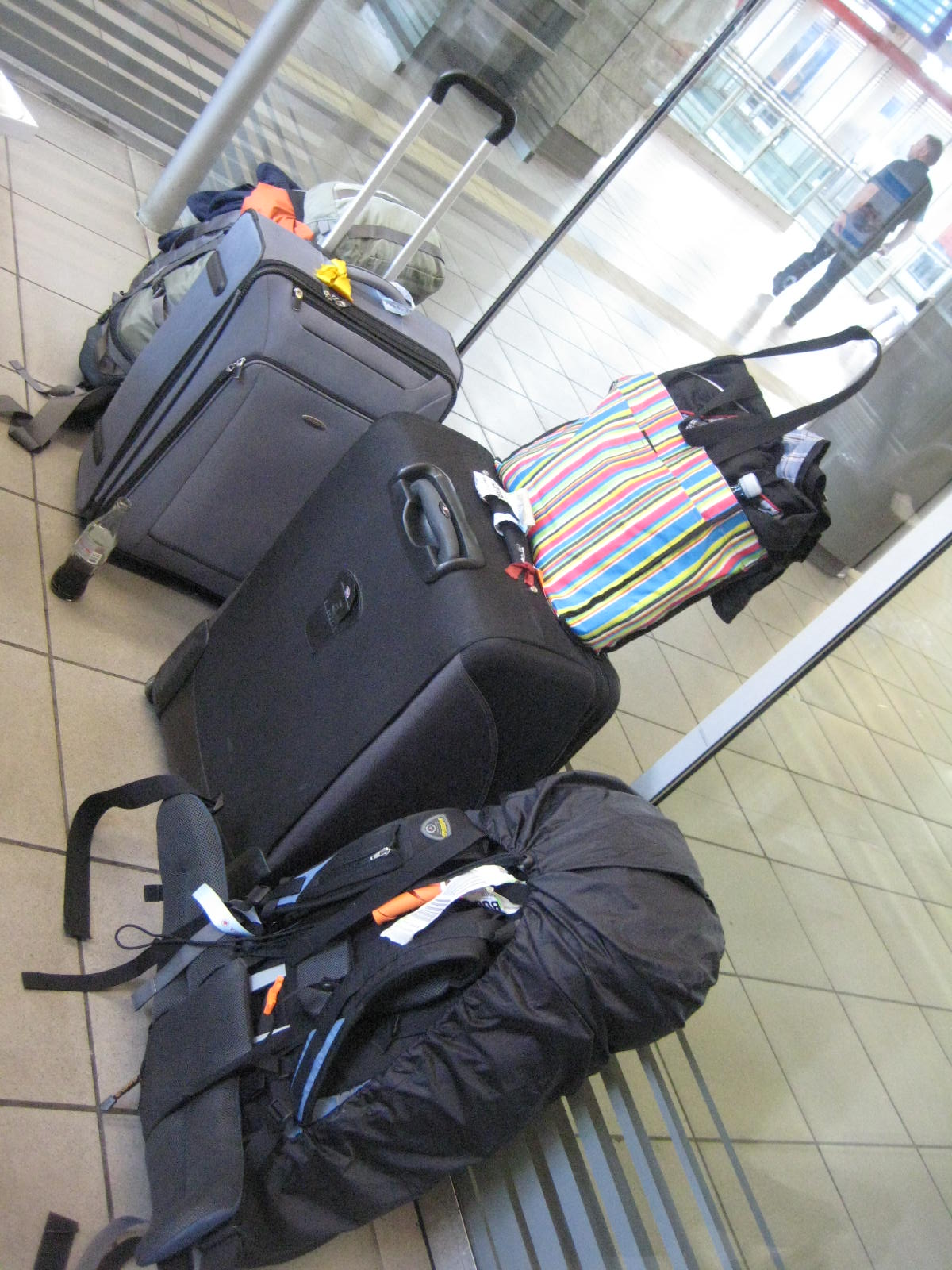
Can you go backpacking with a suitcase? It seems contradictory but I know of a few people who have taken the term ‘backpacking’ a little too literally. In my opinion, ‘backpacking’ refers to a style of travel more than the actual mode you chose to carry your belongings. I have travelled with a backpack and a suitcase on different occasions and I think the choice comes down to two simple issues: transportation and preference. Backpacks are great if you are planning on taking public transport to get around a city because they keep your hands free and it’s easy to get on and off buses/trains/metros. They are also extremely practical when the room you rented is on the fourth floor of a building with no elevators. However, when I travelled with family through Europe, it was often cheaper to take a cab to our destination from the airport/train station than taking buses or otherwise. Therefore there were few moments when it actually mattered what type of luggage I had. The other issue is preference, some people would rather lug a suitcase across cobblestone streets and flights of stairs for the convenience of unzipping the luggage and having a clear view of all the items in the suitcase. This is one of my personal pet-peeves of backpacks, I can’t find a way to keep my clothes organized and it gets worse as the trip goes on. Yes, I use ziplocs to separate items and my bag comes with tons of compartments but when all is said and done I constantly have to take everything out at each destination to find my clean clothes 🙂
3. Assessing the merits of a Eurail pass
When I planned my second trip to ‘Europe’ in 2010, I just assumed that getting a Eurail pass would be best and cheapest way to go. In the end I got a pass only for a portion of the trip because there are so many other budget options available to travel between cities and countries. I took advantage of the multiple budget airlines available to get me promptly from London to Budapest, for example. It was also cheaper to rent a car and drive through parts of Italy than taking the train since we were a group of four. Buses also work great to connect many cities and can be just as efficient as trains and sometimes cheaper. Without a doubt, the flexibility of the Eurorail pass can be attractive to some and perhaps less of a headache since you just need to show up at the station and hop on board. Yet, if you are on a tight budget or looking for different experiences make sure you take the time to research all possible ways to get around your destinations before committing to a Eurail pass.
4. Budgeting versus being overly frugal
Travelling can be as cheap or expensive as you want it to be. I like to situate my type of travelling closer to the cheaper end, however I always prioritize my spending. On most trips (with perhaps the exception of a honeymoon) you spend very little time in your room. Therefore, I always look for budget accommodation, however I will NEVER sacrifice cleanliness to save a few dollars. I rather be located further from the downtown core than spend the night wondering if I will wake up with bug bites all over my legs. I’ve had terrific experiences with hostels in Europe (Western and Eastern), often selecting the private rooms as a happy compromise between a hotel and a dorm. Just do your due diligence and research the locations. If you are ‘winging it’ and looking for a place to stay when you arrive, it will likely be harder to find a quality accommodation in popular cities since the good places generally get booked early on in peak season. Where I will spend the bulk of my money is on food and attractions. Even then I like to be financially savy. For food I generally go by what I call the 5/10/15 rule. Basically, I budget 5 Euros for breakfast (or about the equivalent in other foreign currency if not using the Euro), 10 Euros for lunch, and 15 Euros for supper, for a total of 30 Euros per day. What will usually happen is that I will spend less on breakfast and lunch and splurge on dinner. Or I might spend more on certain days and then cook my own food on other days to compensate. What is important here is to not be frugal to the point where you miss out on part of the experience. Walking the streets of Paris can be an amazing experience on it’s own, but don’t skip the Louvre just to save money. Rather save up just a bit more prior to the trip so that you can see and do what the city has to offer.
5. Selecting travel partners and organized tours
Travelling can be mentally and physically exhausting so I suggest you chose your travelling partner(s) wisely. Make sure that the people joining you have similar interests or be ready to make compromises throughout. Do you love to spend hours in museums and visiting old forts, or would you rather spend your time mountain biking and exploring the countryside? Another things to consider is your daily routine: do you get ready in 15 minutes or do you need an hour of grooming? Likewise, can you have a speedy lunch standing up while waiting for a bus, or do you need to have all your meals seated at a restaurant? These things might seem silly at first, but after spending a few weeks with someone who is unlike you, tensions might start to rise and render the trip unpleasant for everyone. Another option is to travel solo that way you are the only person you need to worry about. Having travelled alone a few times it can be lots of fun. You meet lots of people, you set your own plan, and in many ways it allows you to fully engage in your foreign surroundings because there is no one you can rely on to order your meals or ask for direction. Safety can be a concern especially as a woman, but I’ve always used the same common sense that I use at home (i.e. never walk alone after dark in vacant alleys) and never had a problem. Lastly, not everyone wants to dedicate the time and energy to planning a trip so they turn to organized tours like Contiki to do the work for them. While I personally have never done a European tour, friends who have done it enjoyed not having to worry about the logistics yet they felt the pace can be quite hectic. It’s up to you to judge what will meet your needs!


